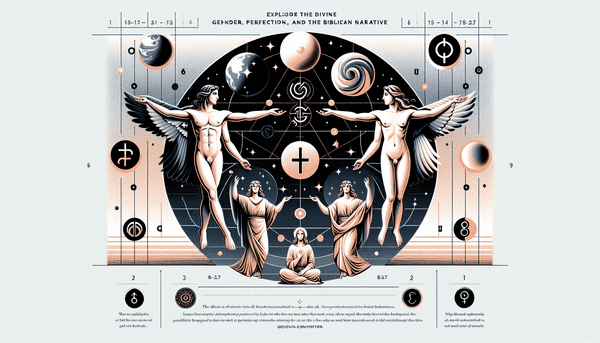Understanding the Christian God in Catholicism
Catholicism, a major branch of Christianity, holds a deep reverence for the Holy Trinity—Father, Son, and Holy Spirit. This mystery of faith encapsulates the Father as the creator and ruler of the universe, the Son as Jesus Christ who redeems humanity (John 3:16), and the Holy Spirit who resides within believers, guiding and comforting them (2 Corinthians 13:14). The Catholic Church teaches that God is not only omnipotent and omniscient but also embodies love (1 John 4:8) and mercy, balancing this with divine justice (Psalms 103:8). Worship and faith are pillars of Catholic life, with followers encouraged to live in alignment with God's will, a journey towards holiness and truth.
The Name of God: Allah and Its Pronunciation
In Arabic-speaking communities, 'Allah' is the term used to refer to God by both Christians and Muslims. This shared linguistic heritage highlights the common ground between the two faiths while also acknowledging their theological differences. Proper pronunciation of 'Allah' is a matter of respect, reflecting the significance of the name in prayer and devotion. As Romans 11:36 reminds us, from God, through God, and to God are all things. To engage in respectful dialogue about our understandings of the Divine (1 Peter 3:15), we must approach with humility and a readiness to learn, as encouraged by the Bible in 2 Timothy 2:24-26, fostering peaceful exchanges that honor our shared humanity and reverence for God.
Explaining Ramadan to Christians
Ramadan, a pillar of Islam, is a holy month where Muslims engage in a fast from dawn until sunset, an act of worship and obedience to Allah. This period of fasting is not merely about abstaining from food and drink but is a time for spiritual reflection, self-discipline, and empathy for those in need. It is a time when the Quran is recited with greater frequency, and Muslims strive for a purification of the soul, seeking to grow closer to God. For Christians, understanding Ramadan can be an opportunity to recognize the shared values of faith, self-examination, and the pursuit of a pious life, as encouraged in Galatians 6:2, bearing one another's burdens and thus fulfilling the law of Christ.






